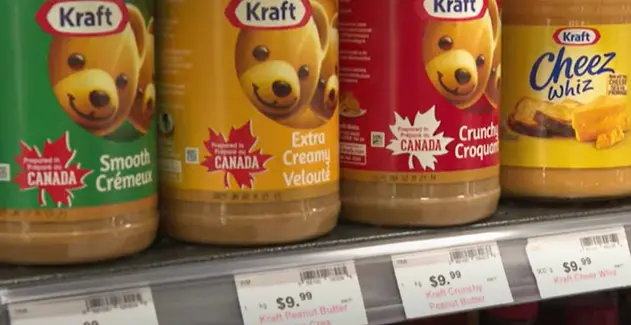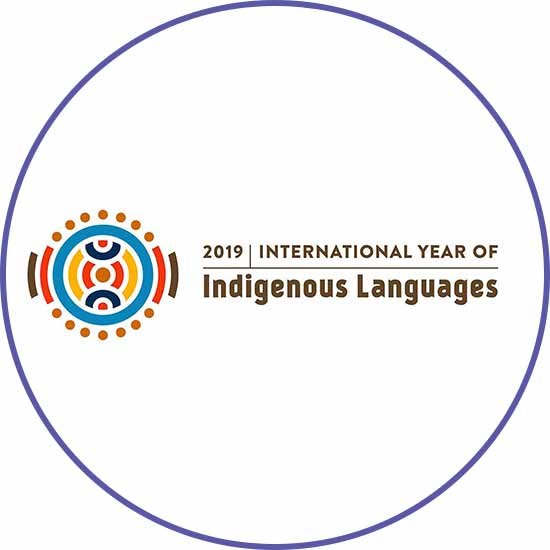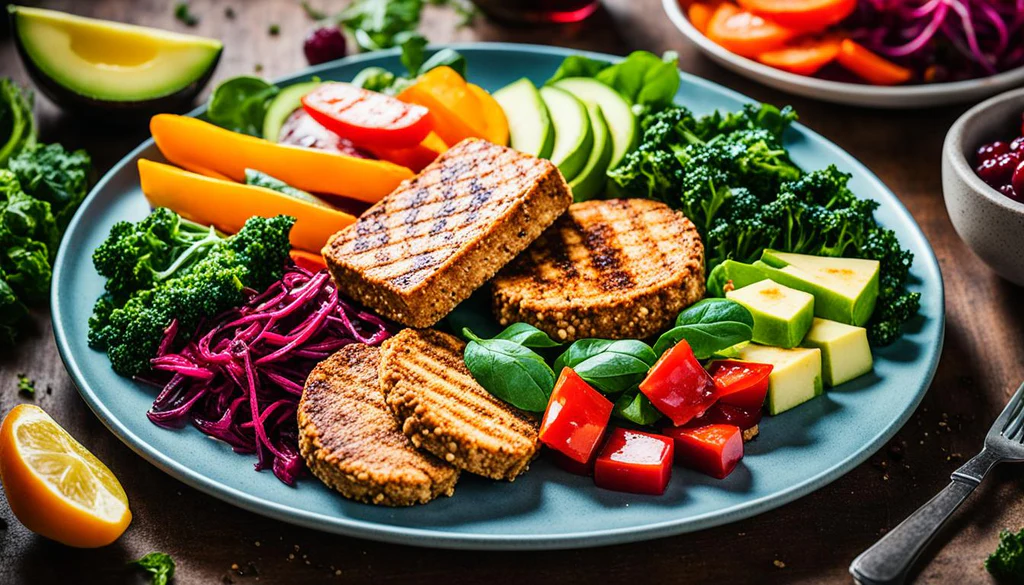Shoppers Demand Transparency on Canadian-Made Goods
In recent weeks, an increasing number of Canadian shoppers have been asking one key question: Where is this product made? Stores nationwide, including Victory Meat & Produce Market, have noticed a surge in customer inquiries about product origins. More consumers are prioritizing items labelled “New Brunswick Local” or “Canada Made”, reflecting a growing demand for transparency.
Store owners are responding by conducting thorough research to determine whether products meet Canadian manufacturing standards. For instance, Quaker Oatmeal—owned by a U.S. company—displays a “Made in Canada” sticker because it uses 100% Canadian oats. Meanwhile, Froot Loops lacks a label as it contains a mix of Canadian and imported ingredients.
What Does “Made in Canada” Really Mean?
Consumers often confuse the terms “Made in Canada” and “Product of Canada”, but the Competition Bureau of Canada sets clear regulations:
✔ Product of Canada – At least 98% of the product’s ingredients must be sourced from Canada.
✔ Made in Canada – Requires at least 51% Canadian content and must undergo its final major transformation in Canada.
Why Buying Canadian Matters
Supporting locally made products strengthens the economy, helps local businesses thrive, and ensures higher-quality goods. With around 90% of Bliss Boutique’s inventory being Canadian-made, businesses recognise the value of keeping production within the country.
As Glen Cross, a local business owner, emphasizes:
“If everybody does their bit, it will make us stronger as a community and boost the Canadian economy.”
Conclusion
The push for Canadian-made products is more than just a trend—it’s a movement. By choosing locally produced goods, consumers contribute to economic growth, job creation, and sustainability. Stay updated with the latest Canadian business and consumer trends on Canadian Updates.







